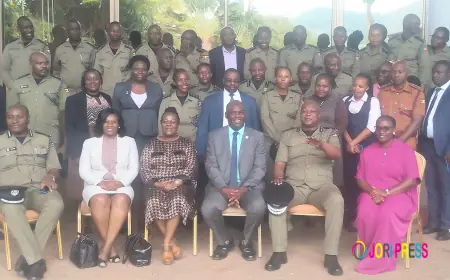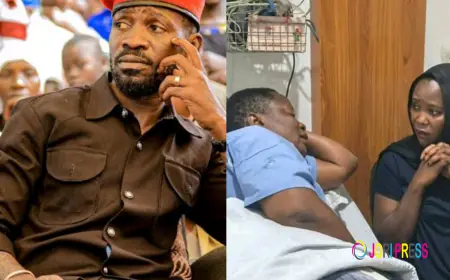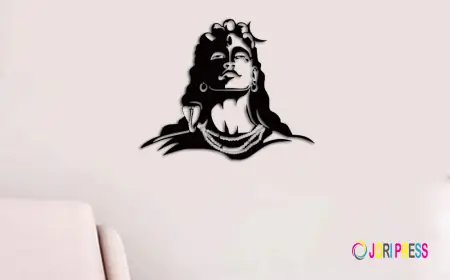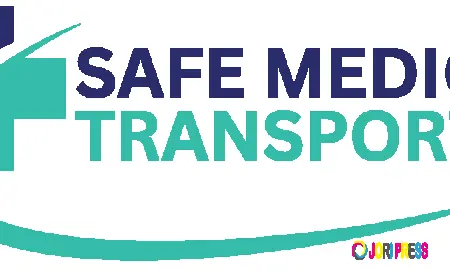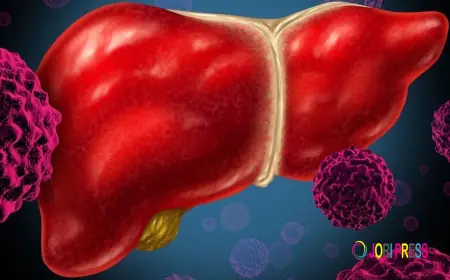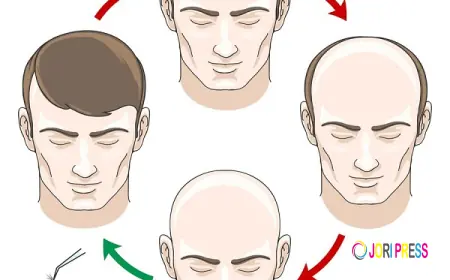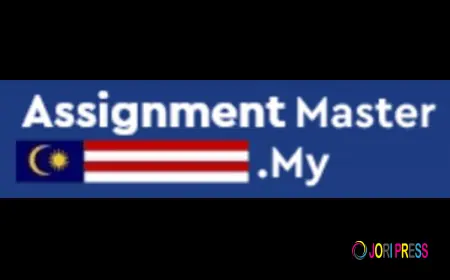Ssenfuka hails Museveni’s support: Can Uganda get cancer, diabetes cure?


For more than a decade, David Ssenfuka has lived in the shadows of Uganda’s medical establishment, quietly dispensing herbal remedies for cancer and diabetes from his research centre in Kampala.
Patients who felt abandoned by conventional treatment often found their way to his door. Many swore by his herbal remedies. But the herbalist, one of the country’s most controversial healers, faced an uphill battle: skepticism from the medical community, lack of funding, and no clear path to transform his medicine into a drug that could withstand scientific scrutiny.
Now, that may be changing. Last month, President Yoweri Museveni met with Ssenfuka and pledged government support to help push his medicines through the rigorous processes of clinical trials, patents and, eventually, large-scale production.
For Ssenfuka, who has spent years pleading for resources, the president’s commitment feels like a turning point.
“I would like to thank President Museveni for being very visionary and accepting to assist us in the production of this medicine,” Ssenfuka said in an interview.
“Our journey has been very long and painful. We tried every avenue to raise money for human trials and patents so the medicine could be recognized internationally, but we had not succeeded. This is a national resource, and I am glad the president has agreed to help.”
Ssenfuka is the managing director of Leonia-NNN Medical Research and Diagnostic Centre, the outfit behind two herbal formulations: SD2018, a treatment he says cures diabetes, and CT, his experimental cancer remedy.
Both have been tested in government laboratories on animals, with early results suggesting the medicines have compounds that may be effective against the two diseases. But without human trials, they remain on the margins of medical practice. That hasn’t stopped patients from trying them.
Some, including public figures Museveni is said to know personally, have testified to remarkable improvements. The president was reportedly moved by these accounts, pressing his cabinet to fast-track support for the research.
“If the government funds things that are not very important, how can it fail to fund a project with the potential to benefit not only Uganda but the entire world?” Museveni asked his ministers, according to accounts of the meeting.
Following the meeting, Museveni appointed Vice President Jesca Alupo to lead a committee overseeing the project’s next steps. Ssenfuka says the government has also encouraged him to seek international partnerships to bring the drugs to scale.
“On Monday last week, the president met some investors we hope to work with,” Ssenfuka said.
“They interacted with patients who have used the medicine and reviewed their medical records. They were stunned by what they saw. The bottom line is, this drug must be produced.”
The Natural Chemotherapeutics Research Institute, Uganda’s state-run body for testing herbal remedies, has already confirmed that SD2018 contains active ingredients capable of reversing diabetes in animal models. Similar studies on the cancer drug have also returned encouraging results.
What comes next are human trials, a costly and complicated step that could make or break Ssenfuka’s claims. Globally, diabetes and cancer are among the top causes of death, draining trillions of dollars each year in treatment and palliative care. Despite decades of research, there is still no known cure for either.
Ssenfuka insists his work is not just about him, but about Uganda’s ability to innovate solutions rooted in its own traditions.
“We are talking about setting up a serious research centre here in Uganda,” he said. “When this medicine is finally developed, the president asked that it shouldn’t carry the same harmful side effects as other cancer treatments.”
He credits patients who shared their experiences, and the journalists who kept telling his story, for bringing him this far.
“This assistance from the government wouldn’t have come if our story had not been told,” he said. “We are now on the verge of making history as a country.”
HOW A HERBAL REMEDY BECOMES A MEDICINE
The path forward will not be simple. Human trials require strict oversight, transparency and independent verification, standards that have tripped up promising treatments before.
Ssenfuka’s formulations will need to convince not only Ugandan regulators, but also international bodies. Turning a traditional remedy into a medicine that can be prescribed worldwide is a long and tightly controlled process.
It starts in the lab, where scientists study plant compounds and test them on animals to check for safety and signs of effectiveness. If the results look promising, the medicine moves on to human trials.
These trials unfold in stages, beginning with small groups to test safety and dosage, and eventually involving thousands of patients to see if the drug truly works better than existing treatments.
Each step is costly and can take years. Even after success in trials, the drug must win approval from regulators in Uganda and abroad, meet strict manufacturing standards, and often secure patents. International recognition, including from the World Health Organization, can help bring a local innovation to the global stage.
What's Your Reaction?
 Like
0
Like
0
 Dislike
0
Dislike
0
 Love
0
Love
0
 Funny
0
Funny
0
 Angry
0
Angry
0
 Sad
0
Sad
0
 Wow
0
Wow
0









